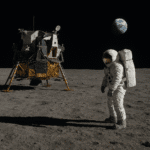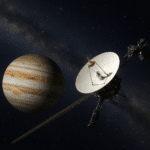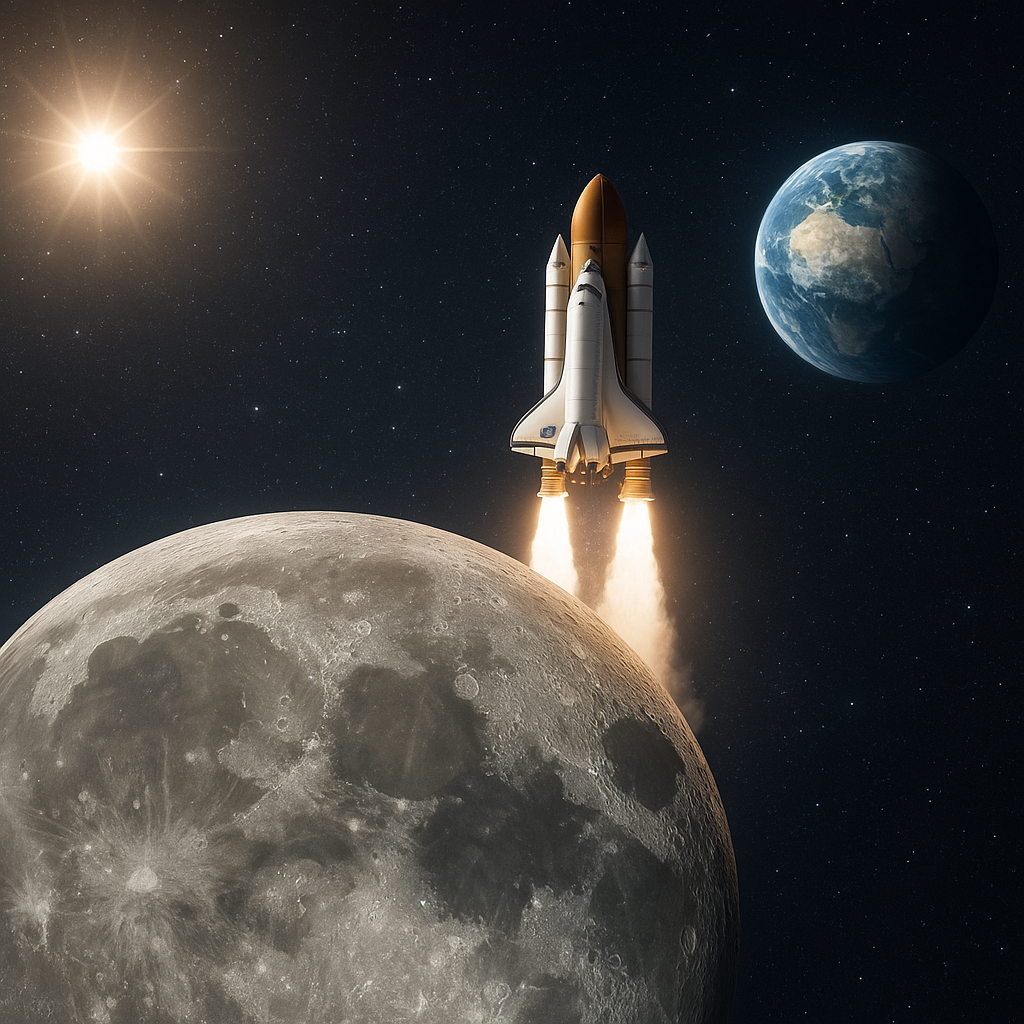Space exploration has always been a field that transcends national boundaries, and the collaboration between space agencies around the world is a testament to the power of international cooperation. As humanity continues to reach for the stars, the role of space agencies and their collaborative efforts becomes increasingly crucial. This article delves into the dynamics of international collaboration in space exploration, highlighting the achievements, challenges, and future prospects of working together beyond our planet.
The Role of Space Agencies in Global Collaboration
Space agencies are the driving force behind the exploration and utilization of outer space. These organizations, such as NASA, ESA, Roscosmos, CNSA, and ISRO, among others, are responsible for planning, developing, and executing space missions. Each agency brings its unique expertise, resources, and perspectives to the table, making collaboration a powerful tool for achieving common goals.
One of the most significant examples of international collaboration is the International Space Station (ISS). The ISS is a joint project involving NASA, Roscosmos, ESA, JAXA, and CSA, among others. This orbiting laboratory serves as a symbol of what can be achieved when nations work together, providing a platform for scientific research, technological development, and international diplomacy.
Beyond the ISS, space agencies collaborate on various missions, such as satellite launches, planetary exploration, and space science research. These partnerships allow countries to share the financial burden, pool resources, and leverage each other’s strengths, ultimately leading to more ambitious and successful missions.
Challenges in International Space Collaboration
While international collaboration in space exploration offers numerous benefits, it is not without its challenges. One of the primary obstacles is the differing political and economic interests of participating countries. Space exploration is often seen as a matter of national pride and strategic importance, which can lead to conflicts of interest and competition rather than cooperation.
Another challenge is the complexity of coordinating efforts across different agencies with varying levels of technological advancement and expertise. Ensuring that all parties are on the same page regarding mission objectives, timelines, and resource allocation requires meticulous planning and communication.
Additionally, legal and regulatory issues can pose significant hurdles. Space law is still an evolving field, and questions regarding the ownership and use of space resources, liability for damages, and the militarization of space remain contentious topics that need to be addressed through international treaties and agreements.
Success Stories and Future Prospects
Despite these challenges, there have been numerous success stories in international space collaboration. The Mars Rover missions, for instance, have seen contributions from multiple countries, with instruments and technology developed by international teams. The European Space Agency’s Rosetta mission, which successfully landed a probe on a comet, was another triumph of international cooperation, involving scientists and engineers from across Europe and beyond.
Looking to the future, international collaboration will be essential for ambitious projects such as the Artemis program, which aims to return humans to the Moon and establish a sustainable presence there. The program involves partnerships with space agencies from around the world, including ESA, JAXA, and CSA, and represents a significant step towards the long-term goal of human exploration of Mars.
Moreover, the rise of private space companies like SpaceX, Blue Origin, and others presents new opportunities for collaboration. These companies are increasingly working alongside traditional space agencies, providing innovative solutions and reducing costs, which could further enhance international efforts in space exploration.
Conclusion
International collaboration in space exploration is a powerful force that can drive humanity towards new frontiers. While challenges remain, the successes achieved through cooperation demonstrate the potential for space agencies to work together for the common good. As we look to the future, fostering strong international partnerships will be crucial in overcoming the obstacles of space exploration and unlocking the mysteries of the universe.










